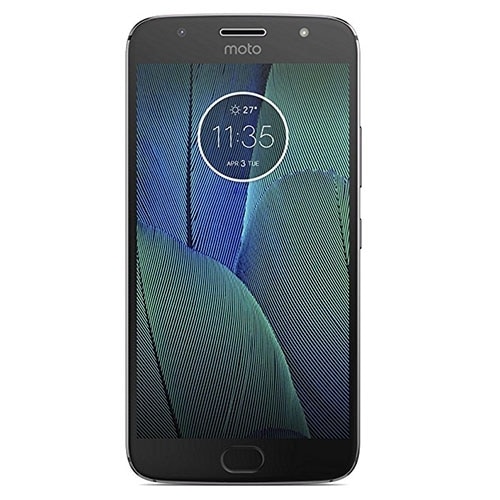France, which is at the bottom of EU rankings for ultra-fast fibre optic broadband coverage, sees 2025 as a new goal to roll out the technology across the country, the head of France’s digital agency told Reuters.

Representational image. Reuters
President Emmanuel Macron, who wants to turn France into a “startup nation”, has made universal access to fast broadband a key priority to stimulate the economy.
In 2013, Macron, then the economy minister, announced a 20 billion-euro ($24 billion) plan to bring the high-speed broadband service to every household and business by 2022, using several different technologies (fibre optic, copper network, coaxial cable, wireless technology).
Antoine Darodes, who head France digital agency said: “After 2022, we’d have to finalise the rollout of FTTH (”fibre to the home“) throughout the whole country by 2025.”
All decisions have not yet been made on this goal in terms of financing, he said in an interview.
France currently ranks 24th among EU members in terms of subscriptions to fast broadband, according to the European Commission.
There have been questions raised by telecoms operators and government bodies in the past few months over the time frame and cost projections of the government’s plans.
France’s public accounting office said in January the total sum needed to install the fast broadband network and connect all households and businesses would amount to 34.9 billion euros ($41 billion), which is 14.9 billion more than a first estimate in 2013.
Altice’s SFR Group, France’s second-biggest telecom operator after Orange, said in July it intended to roll out a fibre optic network across France on its own, breaking away from the government’s initial plan that included 13-14 billion euros of investments by the state and local authorities to cover rural areas.
“Altice-SFR’s proposal solves two issues currently faced by the central and local governments: the delays caused by the complexity and lack of efficiency of the current schemes, and the sharp increase in public spending...”, SFR in a statement in July.
Darodes said the government welcomed SFR’s position, provided that the company, founded by Franco-Israeli tycoon Patrick Drahi, did not call into question existing public investments and does not do “cherry-picking” if it invests in less populated areas.
“SFR can have its independent strategy,” Darodes said. “In my view, it’s not achievable on the long term for the whole country,” he said, adding that the government would be vigilant regarding the operator’s commitments.
SFR was not immediately available to comment.
Separately, Darodes said talks were under way on mobile internet coverage between the French telecoms regulator Arcep and the country’s four telecom operators Orange, SFR, Iliad and Bouygues Telecom.
Arcep, which aims to improve mobile broadband coverage in the country’s less densely populated areas, said in July it intended to bring forward a review of obligations on frequency licence holders to add new regulatory constraints on operators.
The four operators, which rely on the permits to transport voice and data services, could see the related licence auctions dropped and taxes lowered in exchange of higher coverage of the fourth generation of mobile internet, or 4G, in more sparsely inhabited rural areas, Darodes said.
Published Date: Sep 27, 2017 11:36 pm | Updated Date: Sep 27, 2017 11:36 pm















